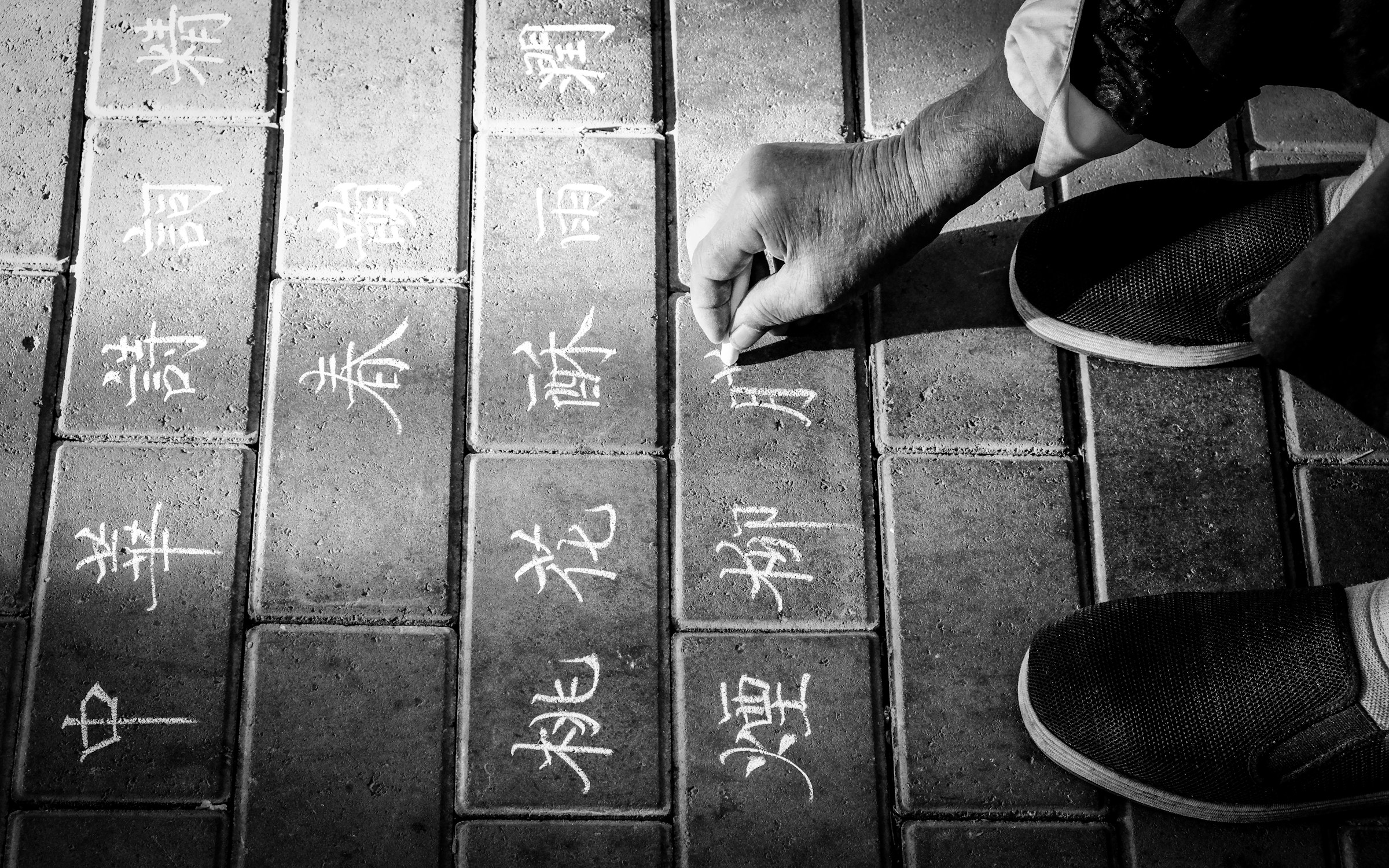Let’s be honest. If I had a nickel for every time a new learner asked me, “What’s the one app I should use to learn Chinese?” I’d have enough money to buy a lifetime supply of soup dumplings (小笼包 – xiǎolóngbāo). And if you’re like me, your phone probably has a sad little folder, an app graveyard, filled with language tools you used for three days and then abandoned.
Sound familiar?
The problem is, we’re asking the wrong question. There is no single “best” app. That’s like asking for the “best” tool to build a house. You wouldn’t use a hammer to saw a plank of wood. The secret is knowing which app is the right tool for the right job.
So, let’s put on our hard hats and build your personal Chinese-learning toolkit, app by app.
The All-in-One Foundation: For Structured Learning
These are your general contractors. They aim to give you a bit of everything: vocabulary, grammar, listening, and even some speaking practice.
1. HelloChinese: The One That Gets It Right
-
Best for: Beginners who want a solid, structured foundation specifically designed for Mandarin.
-
The Vibe: This is the app that feels like it was made by people who actually understand the struggles of learning Chinese. It doesn’t just treat Mandarin like a clone of Spanish or French. It has dedicated lessons and exercises for tones and pinyin, which are absolutely crucial. The lessons build logically, and the speech recognition for practicing your pronunciation is surprisingly good.
-
The Verdict: If you’re starting from absolute zero, this should be your first download. The core curriculum is free, and the premium version unlocks more features and games. It’s the best Duolingo alternative, tailored for the unique challenges of Chinese.
2. Duolingo: The Green Owl We All Know
-
Best for: Casual learners and getting your feet wet (for about five minutes).
-
The Vibe: Ah, Duo. It’s the gateway drug of language learning. Its gamification is addictive, and it’s fantastic for building a daily habit. However—and this is a big “however”—it’s notoriously weak for Chinese. It struggles to teach tones effectively, its character lessons can feel clunky, and it often throws sentences at you with zero context.
-
The Verdict: Use it if you absolutely love the format, but don’t make it your primary tool. Think of it as a fun side-game, not your main textbook.
The Swiss Army Knife: Your Indispensable Dictionary
You need one app that’s more powerful and reliable than anything else. This is it.
Pleco: The Holy Grail
-
Best for: Everyone. Seriously. From day one to day ten thousand.
-
The Vibe: If you only download one app from this list, make it Pleco. Calling it a “dictionary” is an insult. It’s a survival kit. You can look up words via English, Pinyin, or by drawing the character on the screen. It shows you stroke order, example sentences, and breaks down characters into their components.
-
God-Tier Paid Add-ons: The basic dictionary is free and amazing. But the paid add-ons transform it into a super-tool. The Optical Character Recognizer (OCR) lets you point your phone’s camera at any Chinese text—a menu, a sign, a book—and get instant translations. The Flashcard System is a powerful, built-in SRS (Spaced Repetition System) that’s a godsend for memorizing vocabulary.
-
The Verdict: Non-negotiable. Download it now. Thank me later.

The Reading Gym: For Building Comprehension
Once you know a few hundred words, you need to start reading. But jumping into a real Chinese newspaper is like trying to bench press 300lbs on your first day at the gym. You need graded readers.
The Chairman’s Bao (TCB) & Du Chinese
-
Best for: Upper-beginners to advanced learners (HSK 2 and up).
-
The Vibe: These apps are brilliant. They provide short news articles and stories graded by HSK level. You read an article tailored to your level, and if you don’t know a word, you just tap on it for an instant definition and pronunciation. It’s like reading with built-in training wheels. TCB focuses on current events (e.g., “Why is this new milk tea so popular?”), while Du Chinese has more stories and dialogues.
-
The Verdict: Both are excellent and work on a subscription model. They are the single best way to transition from memorizing words to actually using them in context.
The Hardcore Trainer: For Serious Memorization
Anki: The DIY Power Tool
-
Best for: The dedicated, slightly obsessive learner who wants maximum efficiency.
-
The Vibe: Anki isn’t pretty. It’s a powerful, no-frills, fully customizable flashcard program based on spaced repetition (SRS). It intelligently schedules cards so you review a word just before you’re about to forget it. You can download pre-made HSK decks or, even better, create your own cards for the words you encounter in your daily life.
-
The Verdict: It has a steeper learning curve than other apps, but the payoff for vocabulary retention is unmatched. For the serious student, Anki is a must.
Building Your Dream Team
So, forget the idea of a single magic app. A smart learner’s phone looks something like this:
-
Foundation: HelloChinese for daily, structured lessons.
-
The Everything Tool: Pleco open 24/7 for looking up words on the fly and doing flashcard reviews.
-
Daily Practice: The Chairman’s Bao or Du Chinese for a 10-minute read to see your vocabulary in the wild.
Start with that trio, and you’ll have a powerful, balanced system that will take you far further than any single app ever could. Now stop reading and start downloading. 加油 (Jiāyóu) – Add oil / Let’s go!
